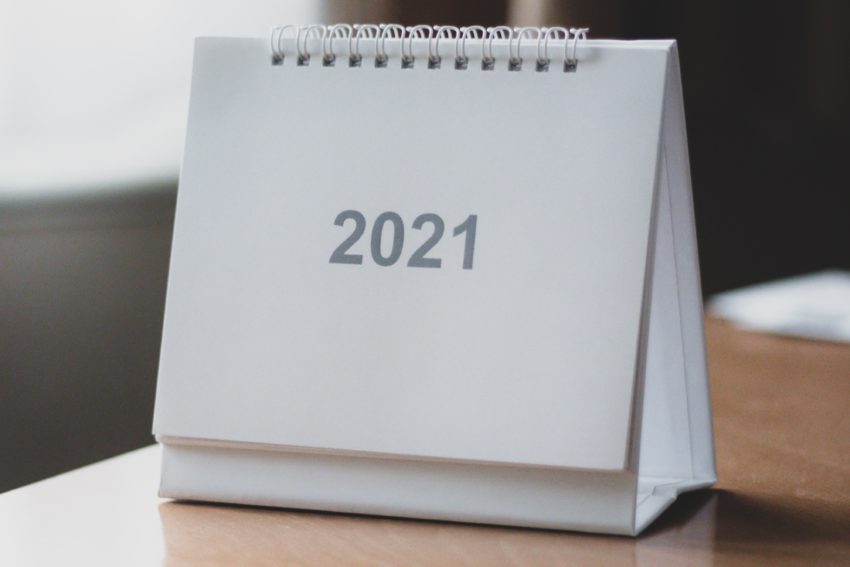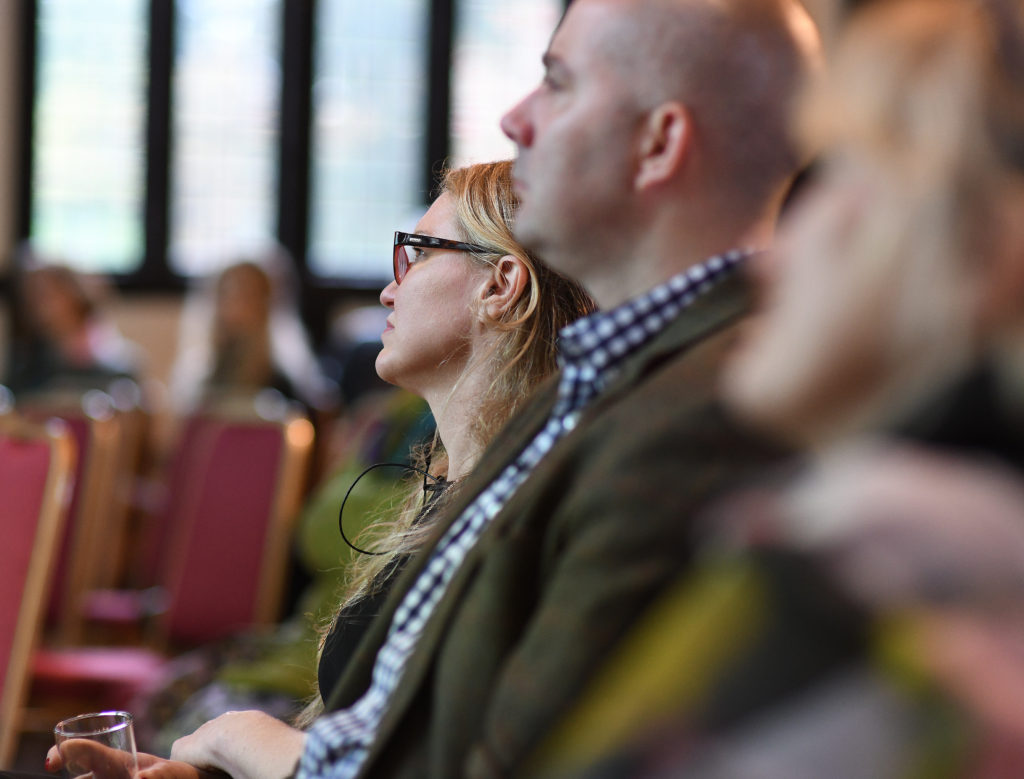
As we near the end of 2021, the AboutFace team has been reflecting on the year so far. It’s been a busy one! We’re really pleased to be able to share a brief summary of our 2021 on the AboutFace project, led by PI Prof Fay Bound Alberti and funded by her UKRI Future Leaders Fellowship.
Publications
Our article “Central importance of emotional and quality-of-life outcomes in the public’s perception of face transplantation,” produced in collaboration with our partners at Newcastle Hospitals Trust, was published in the British Journal of Surgery in May. This was published open access and can be found on this page. We have published two papers in the past few months. The first, Fay Bound Alberti and Victoria Hoyle’s ‘A Procedure Without a Problem,’ or, The Face Transplant That Didn’t Happen. The Royal Free, the Royal College of Surgeons and the Challenge of Surgical Firsts,’ was published in Medical Humanities, and is available Open Access. With PDRA Matthew Ridley, Fay also published ‘Face transplants 2003-2021: where are we now and what have we learnt?’ in the RCS Bulletin, which is available to read here.
Fay and Public Engagement and Events Officer Sarah Hall have signed the contract with Palgrave Macmillan for the edited collection Ethics, Emotions and Historical images: the medicalised body. Fay and Sarah will work with Victoria Hoyle, former PDRA on the AboutFace project, to edit the collection, and are really excited to bring together work from some brilliant scholars in the field.
Blogs
We’ve had some fantastic blogs this year, reflecting the current direction of the project’s research. Our collaborator, Isobel Adomah Young, wrote on drag and identity for us at the beginning of the year. Identity is a key theme in our work, as we explore the psychosocial implications of facial transplantation. A number of our blogs this year have highlighted the importance of patient voices. Matthew Ridley, who joined the project team in March, reflected on his own research in a blog about patient-focused psychological assessment. Patient voices are essential to our understanding of the emotional and physical impacts of face transplants as a form of surgical innovation, as explained by Fay in her blog about Carmen Tarleton, and what happens when face transplants fail. We also seek to understand the largely neglected costs of face transplants for patients: social, psychological, financial and physical. By speaking with patients as well as their families, and the extended surgical teams involved in face transplantation, we are working to restore patient voices in their own narratives. This, as Sarah Hall explained, is additionally important in media representations of face transplantation, where patients are very rarely in control of how their stories are told. She reinforced this argument in a talk for the IHR History Lab + on sharing research on social media in September.
Our guest blogs were very rich this year, and we benefited from the expertise of a range of collaborators. Our collaborator Dan Saleh, a consultant plastic and aesthetic surgeon from Newcastle Hospitals NHS Foundation Trust, wrote about Grzegorz Galasiński and the world’s first ‘emergency’ face transplant. Doctors David Sainsbury and Sophie Butterworth explained the barriers to face transplant in the UK, as the procedure has not yet been performed here. Following the announcement that the first successful face and bilateral hand transplant was performed in New York, our collaborator Emily Herrington wrote about what ‘success’ might look like after the procedure. During Face Equality Week, Emily Cock, Lecturer in Early Modern History at Cardiff University, shared her experience of researching sensitive histories of facial surgery. And, most recently, we were glad to share an important blog about the movement for face equality and understanding visible facial difference as a neglected human rights issue. The blog was originally posted in Psychology Today, and was shared with us by authors Kathleen Bogart and Phyllida Swift, who both sit on our Lived Experience Advisory Panel (LEAP).

Events
One of the major highlights of our year has been our Policy Lab with the Policy Institute at King’s College London. Held from 15-17 December, and titled ‘Creating a blueprint for sustainable face transplant policy and practice,’ the Lab has brought together for the first time a diverse set of international experts and stakeholders, including surgeons from ten different countries, senior researchers, ethicists, patients and policy makers. We were really excited to bring the varied expertise of non-surgical participants to this conversation. The group has examined existing policy frameworks and begun to articulate possible futures for sustainable facial transplantation policy, which is sensitive to its cultural, emotional, and social contexts. An international blueprint for best practice in face transplants will be published, and those recommendations supported by the International Society for Vascularised Composite Allografts and the European Society for Transplantation. We really look forward to sharing the results of these discussions with you in the new year.
Webinars
AboutFace might not have been able to hold the full range of public engagement events that we would have liked, due to the ongoing impact of the Covid-19 pandemic, but we have really enjoyed our two research webinar series. We welcomed some fantastic speakers to share their research with us, and you can watch some of their talks on our YouTube channel. In February, Julie Parle kicked our ‘Doing History’ series off with her talk ‘“The bounds of compassion?”: medical mercy killings in South Africa, 1970s-1990s.’ The following month, Katie Barclay presented on ‘From Corporeal Ethics to Carnal Instincts: Sexual Desires in the Long-Eighteenth-Century’ for our webinar series ‘Emotions, History and the Body.’ In October, Rob Boddice presented on his current research in ‘Experiencing Placebo: Toward a Biocultural History of the Brain’ as part of the same series, providing a fascinating insight into the intersection of emotions and health histories. Continuing our ‘Doing History’ series, Carla Tsampiras spoke about her perspectives on past and current movements in South Africa, in her talk ‘What are you historically classified as?” Reflections of an Historian in Health Sciences in a Time of Transformation.’ Finally, wrapping up our webinars for 2021, Hannah Zeavin gave a brilliant talk on the research that led to her recent book The Distance Cure: A History of Teletherapy in ‘Remote Relations: A (Very Brief) History of Teletherapy.’ We were so pleased that we could host these webinars online, hosting international speakers that otherwise might not have been able to make it to York to share their research with us.
We were really delighted to hold a postgraduate workshop led by Aleema Grey in April. The workshop, ‘Reparative History: Doing History from Below,’ provided postgraduate students with vital training in using historical research as a reparative tool. Asking key questions: how might we broaden our understanding of what it means to “know” or “represent” within the context of academic research? How does this relate to our choice of methodology? And how can we think more critically of power in relation to the relationship between the researcher and the researched? The session drew on community-engaged practices to explore history as a method particularly in relation to the responses arising following the Black Lives Matter protests in 2020.
Other activities
Fay was invited to speak as part of a series of conversations about faces in February. Hosted by Durham University’s Centre for Visual Arts and Culture (CVAC), the centre’s Director Professor Ludmilla Jordanova, Fay spoke on the topic of facial difference, surgery and transplantation.
In November, Fay and Matt attended the SoFCPRE/WAPSCD (Société Française de Chirurgie Plastique, Reconstructrice & Esthétique/World Association for Plastic Surgeons of Chinese Descent) meeting in Paris. This provided an excellent opportunity to connect with leading surgeons in the field, and develop our networks.
Looking forward to 2022, we are excited to develop our research and collaborations with our international partners. We are also planning an exciting schedule of public engagement events, and hope to be able to invite audiences to join us in person again.
